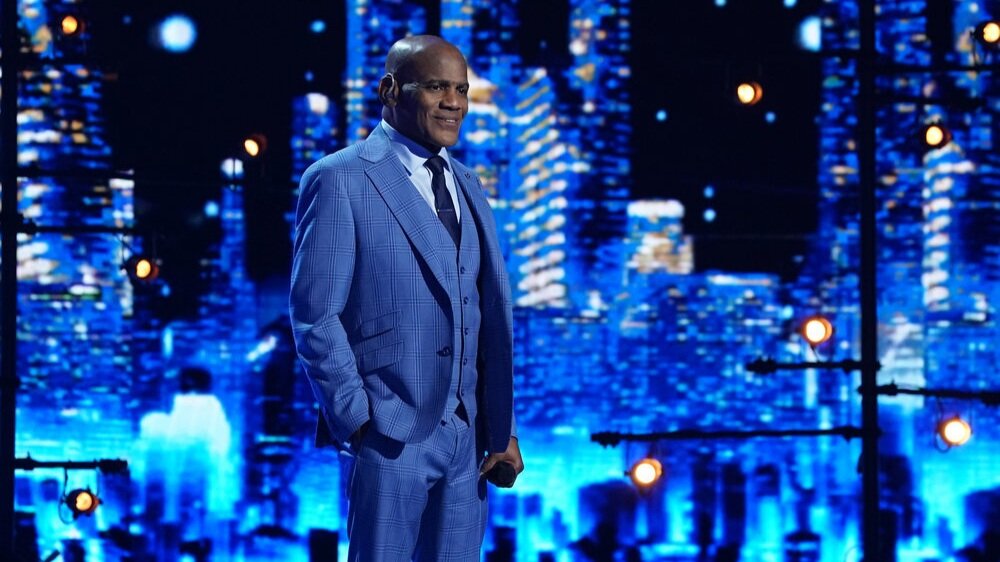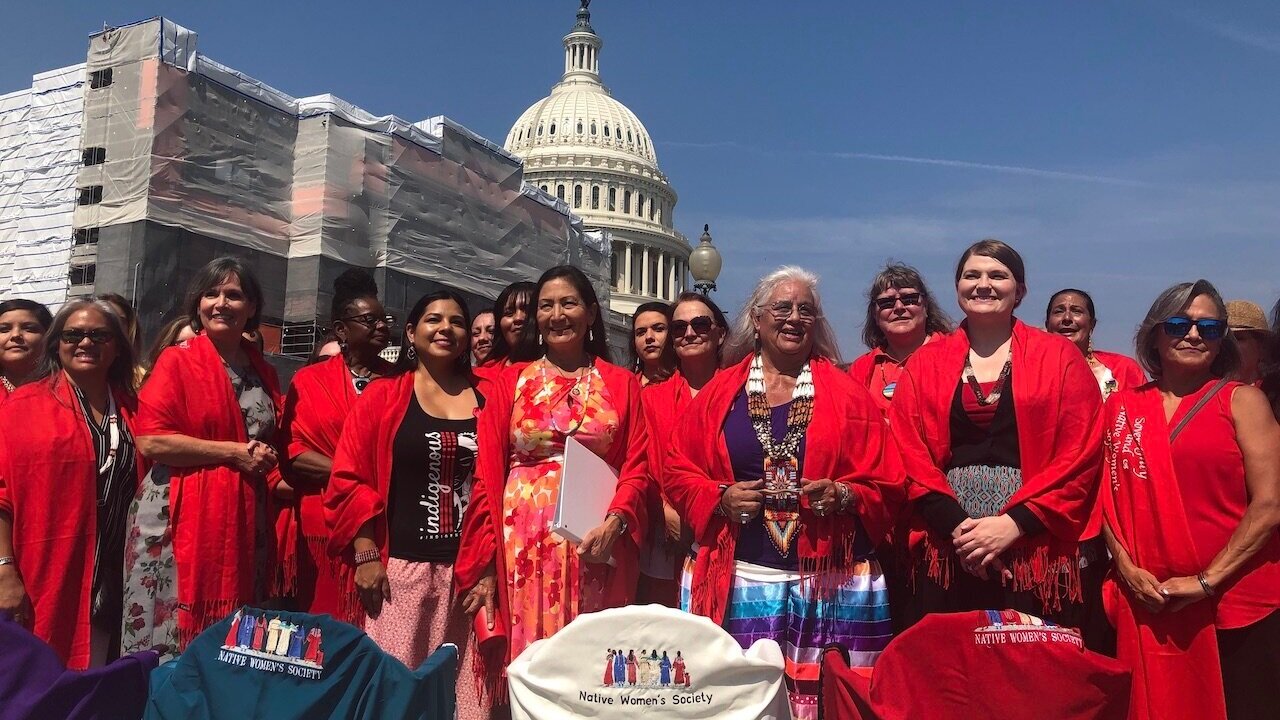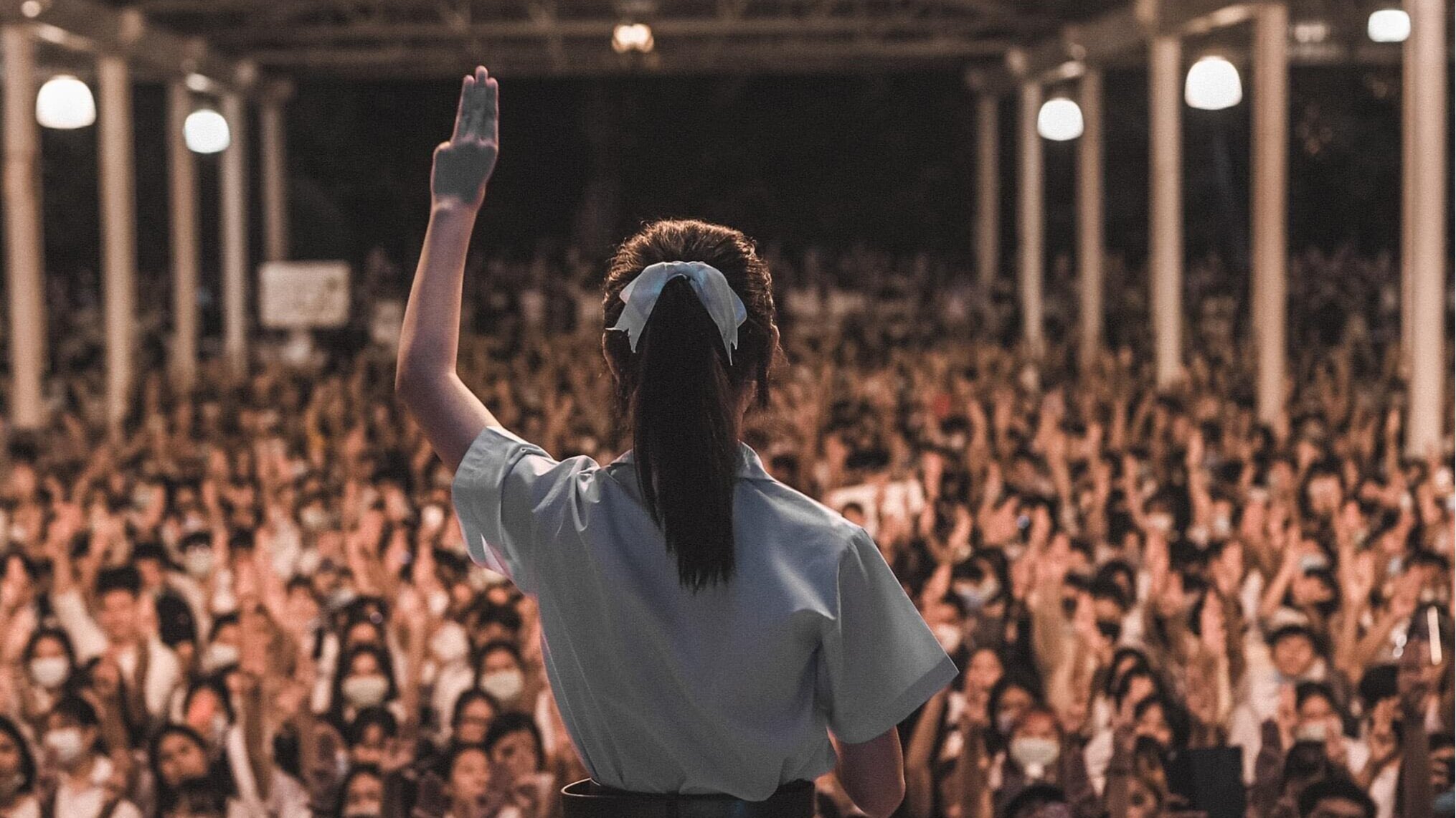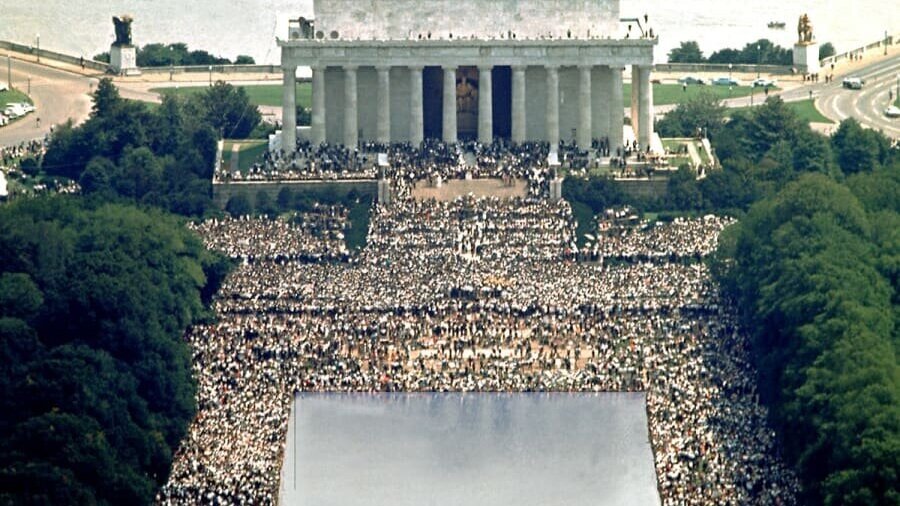
What is Environmental Justice?
At last night's presidential debate, Kristen Welker of NBC noted that people of color are more likely to live near hazardous toxins, such as chemical plants and oil refineries, that are linked to cancers and other poor health outcomes. The question started conversations on social media about the definition of environmental justice. In this issue, we cover history, examples, and possible solutions to environmental health disparities.

Wrongful Conviction Day
Wrongful Conviction Day was created by the Innocence Network, a group of organizations that provide pro bono legal and investigative services. Archie Williams, pictured above at America's Got Talent, spent 37 years in prison for a crime he did not commit. How did that happen? As Archie said, "I knew I was innocent, I didn’t commit a crime, but being a poor Black kid, I didn’t have the economic ability to fight the state of Louisiana.”

Whistleblower Alleges Grave Harms at ICE Detention Center
In a whistleblower report submitted by Project South, Dawn Wooten, a practical nurse at a privately-owned ICE facility, discloses staggering instances of disregard for public health and the lack of informed consent when performing hysterectomies on non-English-speaking detainees.

Two Bills, One Mission: Protect Indigenous Women
Two bipartisan bills are on President Trump's desk: Savanna's Act and the Not Invisible Act. Both are designed to protect Indigenous women in the United States through, among other processes, better law enforcement coordination and case monitoring. According to the CDC, murder is the third-leading cause of death for American Indian and Alaska Native women under age 19.

"Bad Students" Move a Nation
Brave students in Thailand are leading a historic movement, questioning government policies and societal norms. Their symbol of resistance comes from The Hunger Games. They call themselves “Bad Students” because they will not adhere to what they consider to be authoritarian teachers and administrators or discriminatory school policies. They view their rigid, hierarchical school structure as one part of a larger political and societal problem.

Protect the Right to Vote
On this day in 1963, approximately 250,000 people gathered in Washington D.C. for the March on Washington. From the steps of the Lincoln Memorial, they were introduced to a fiery young activist from Alabama named John Lewis and witnessed Martin Luther King Jr.'s iconic "I Have a Dream" speech. Our Civil Rights heroes' relentless pursuit of freedom and equality paved the way for the Civil Rights Act of 1964 and the Voting Rights Act of 1965. But now, our right to vote is once again under threat.
